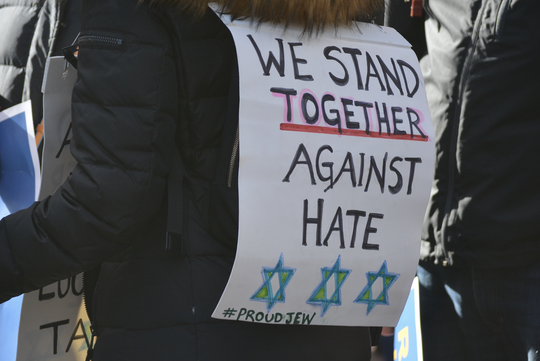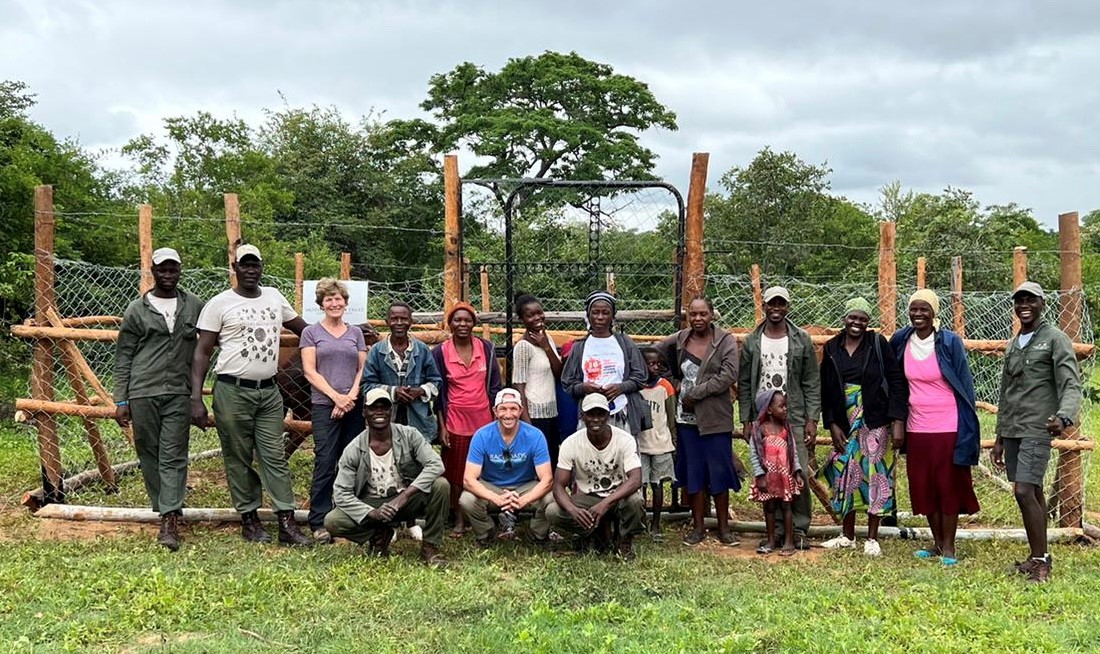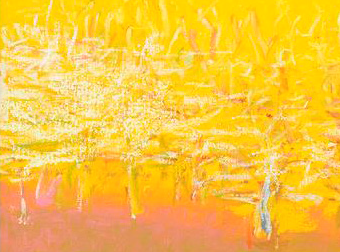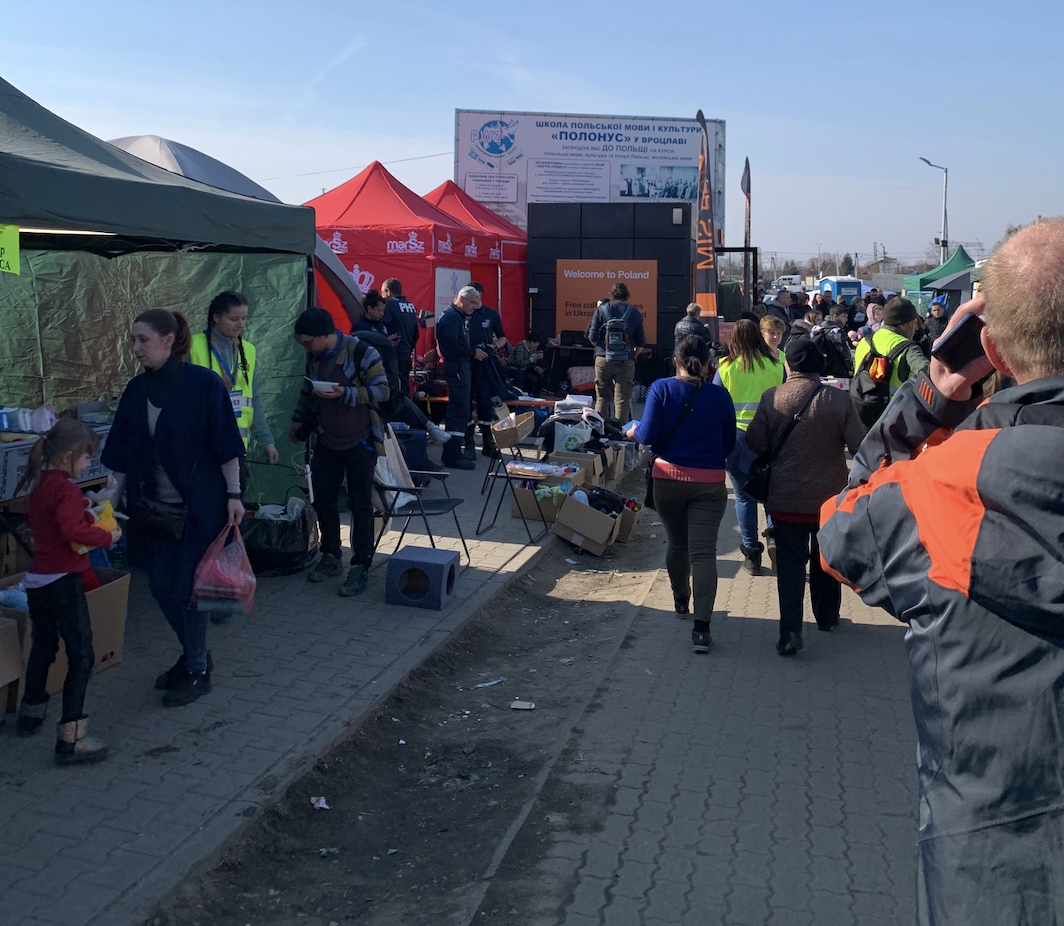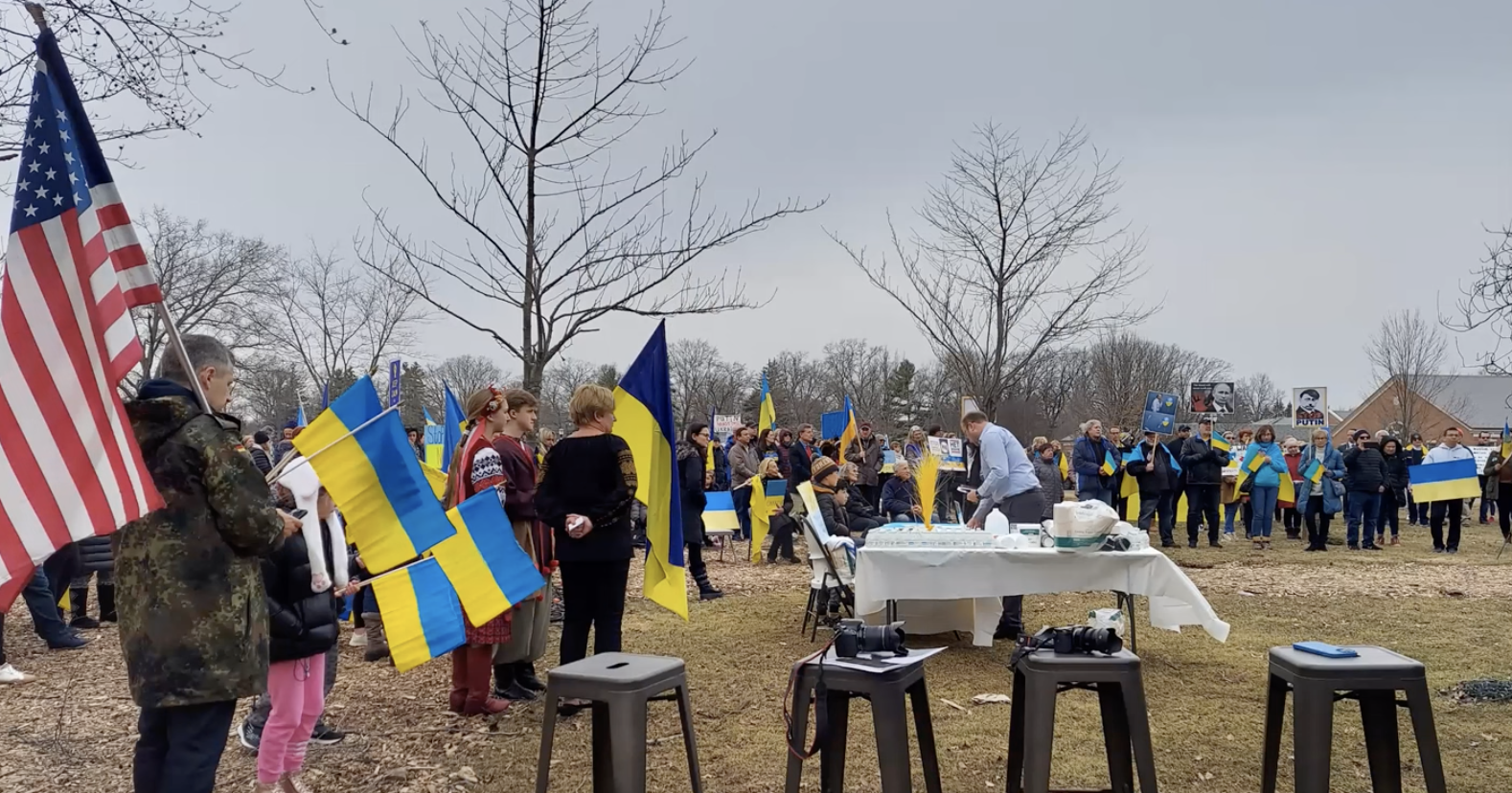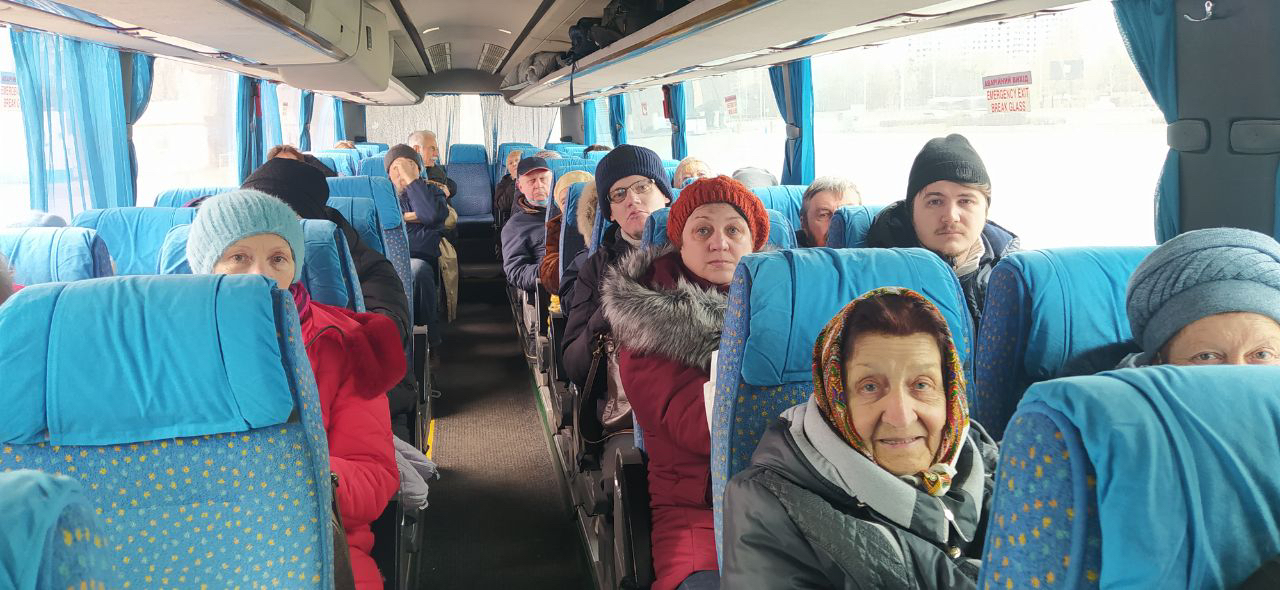The Latest From The Foundation
Dispatches from the network and updates from the Foundation.
View Category
Wexner Heritage Program
17
Jul 2022
Innovating Authentic Proximity Integrally in our Judaism
WHP Alum Joel Goldhammer (Washington)
Proximity is the single most essential element of sacred relationships, without which neither we nor our communities, can meet our needs as Jews or realize our communal goals.
We’re not asking for permission to be Jewish. We’re asking for Jews to connect joyfully with their own religion and for others to confront their own biases and lack of education. JewBelong doesn’t allow antisemites to control the narrative.
The litany of antisemitic incidents in recent years, especially those involving violence and murder, has brought many of us “antisemitism skeptics” out of the closet. It has made converts to the cause out of a good number of us too.
12
May 2022
There is No Shortcut to Learning Skills…. or Finding Happiness
WHP Alum Gordon Hecker (Columbus 00)
One of the toughest decisions that we will all need to make at different points in our careers is to know when to declare victory and move on. When is the right time to go?
Gratitude, the basic, fundamental awareness of the good we receive, the gift of life that is bestowed upon us wholly undeserved on our part, is something our sages tried hard to cultivate across generations. And I submit gratitude is not a simple concept.
I would like to argue for the centrality of hope as a core Jewish value and then consider the value of hope from the perspective of leadership...hope fuels the capacity to envision the future we want and supplies us with the energy to build it – no matter how long it takes. In contrast to optimism, the tendency to merely forecast positive outcomes, hope involves the ongoing struggle to bring those outcomes about.
This war has evoked the “never again” emotion and determination in many in the Jewish community and beyond. I hear this in conversations in Cleveland and in Israel and in Poland. The overwhelming commitment and demonstrations of volunteers embracing and caring for Ukrainian refugees is awe inspiring.
“And who knows, perhaps you have attained to royal position for just such a crisis.” Esther 4:14 This question/suggestion from Mordechai to Esther has resonated throughout the four zoom calls of Wexner Alums gathering to explore what we can do to respond to the crisis in Ukraine.
Since the Russian invasion of Ukraine, the global Project Kesher community has been organizing to support Ukrainian women and families. Operating in Ukraine since 1989, Project Kesher Ukraine (PKU) has a grassroots network of over 300 trained leaders from Ukraine who are originally from more than 40 cities. Now, though they are nearly all uprooted and moving around due to war, PKU-trained leaders are working to help others.
16
Mar 2022
Wexner Heritage Program Announces 2022 Cohorts
The Wexner Foundation is pleased to announce three new classes of the renowned Wexner Heritage Program with dynamic volunteer leaders from Cleveland, Palm Beach, Florida, and the San Francisco Bay Area.
Categories
- _About (11)
- _Alumni (6)
- _Core (3)
- _Landing Pages (35)
- _Programs (15)
- _Resources (5)
- _Summits (6)
- Antisemitism (7)
- Climate Change (13)
- COVID-19 (11)
- Difficult Conversations (21)
- Education (4)
- Gender (6)
- General News (144)
- Holocaust (3)
- Innovative Projects (268)
- Intergenerational Communication (6)
- Israel (159)
- Judaism in Online Spaces (11)
- Lessons in Leadership (240)
- Life’s Leadership Moments (294)
- Mentorship (54)
- Peoplehood (154)
- Play (7)
- Pluralism (3)
- Politics (10)
- Power (14)
- Professional Growth (34)
- Racial Justice (10)
- Self-care (25)
- Social Justice/Tikkun Olam (59)
- Summit Seeds (3)
- Text/Holidays (150)
- Uncategorized (6)
- Values and Ethics (24)
- WexFactor (8)
- Wexner Davidson Fellowship (1)
- Wexner Field Fellowship (27)
- Wexner Graduate Fellowship/Davidson Scholars Program (89)
- Wexner Heritage Program (99)
- Wexner Israel Fellowship (47)
- Wexner Senior Leaders (22)
- Wexner Service Corps (4)
- World conflicts (8)


